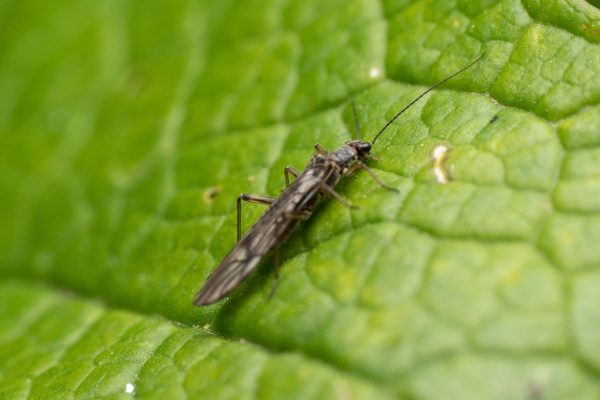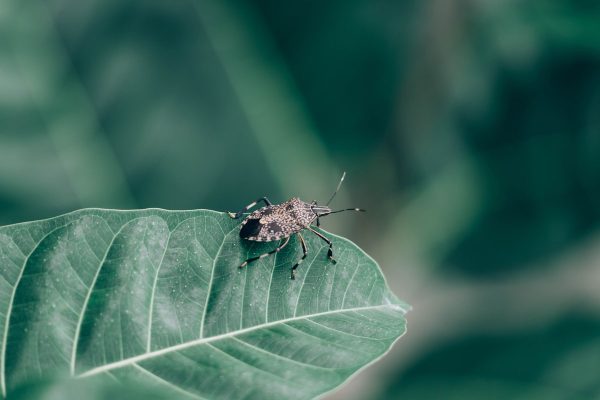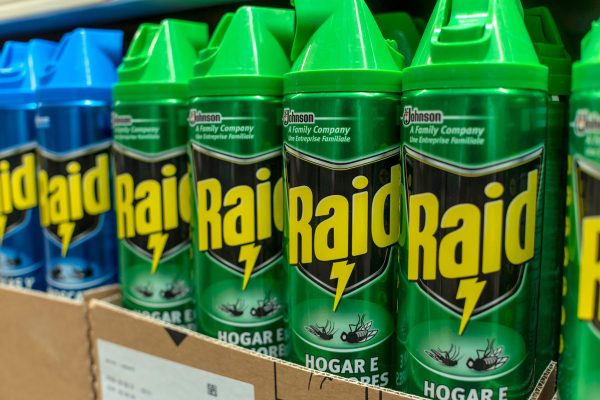Although virtually harmless, no one likes to have a trail of termites inside their home. They operate as a group, so having a huge infestation is possible unless the problem is treated immediately. If you’re facing a similar issue, you’re probably looking into the effectiveness of Fipronil to kill termites and wondering how long it will take to work—so we have researched answers to find out.
Fipronil is an effective but slow-acting chemical for various pests, including termites. Once applied, it will take 24-36 hours for the chemical to eliminate the termites. However, it has a long-lasting effect on the treated area, typically lasting up to 90 days.
Having a termite infestation is a nuisance, and in some cases, it can even be dangerous. There are many ways you can avoid or treat it, both chemical and natural methods. If you want to learn more about how to manage termites, keep reading below.
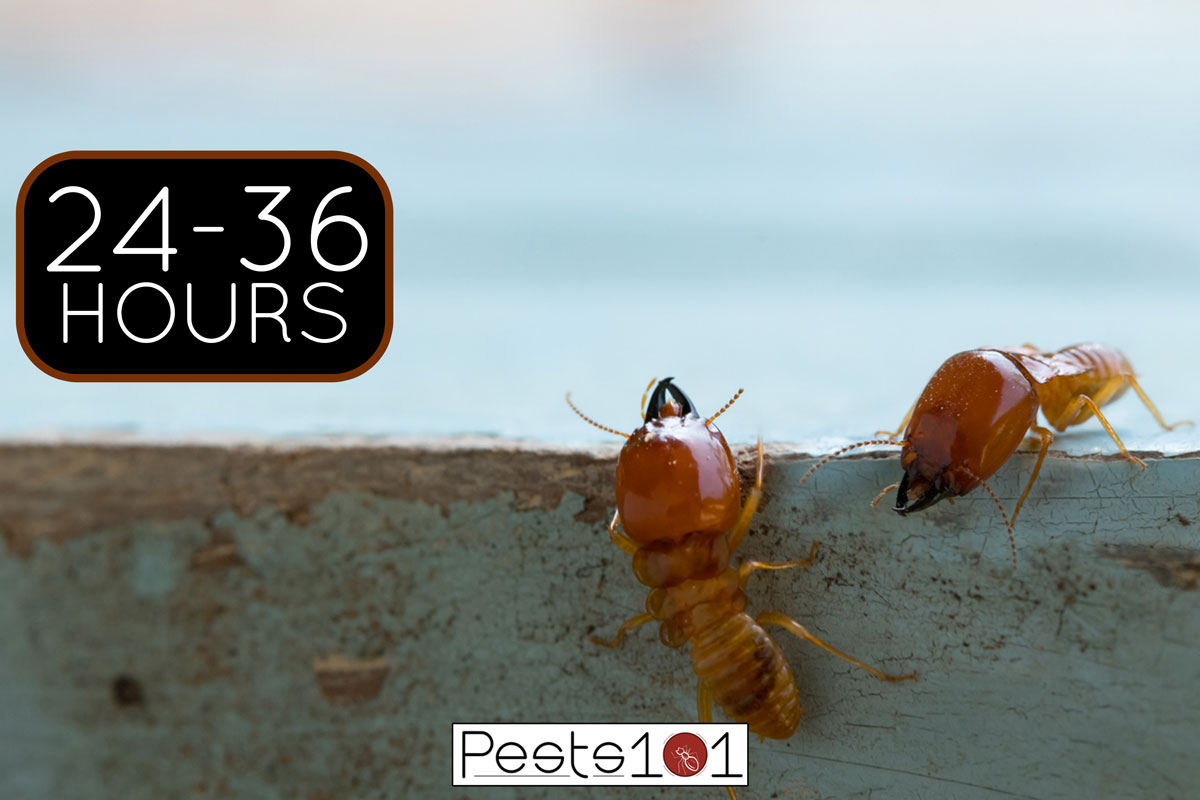
What is Fipronil?
Fipronil, in its original form, is a powdery substance with an unpleasant smell. It is widely used to control pests such as cockroaches, ants, bugs, beetles, fleas, termites, and worms.
Many pesticides contain Fipronil as an active ingredient, although some people apply them directly to remove fleas, ticks, and lice. Fipronil is often combined with other products including gel baits, gel baits, granules, and sprays.
Fipronil disrupts the insects’ central nervous system, removing their sense of sight and interrupting their GABAA (Gamma-aminobutyric acid) receptors. Once the Fipronil stimulates the neural network of insects, they will eventually die.
The insects will barely notice when they have been affected, so once they return to their colony, they will be spreading the invisible poison to the other insects and inadvertently kill them as well.
This is one of the reasons why it is best to use Fipronil for insects who come in colonies. However, it’s not an instant solution, so other insects can still escape it.
If you have a serious infestation, it is still best to call an exterminator instead of having to wait for several hours. However, this is ideal if you are dealing with a large but manageable number of termites.
How should you apply Fipronil?
The application of Fipronil depends on the product it comes in. Here are ways to apply Fipronil.
Gel Bait
Apply the gel along the entryways of termites. Do not apply them in dusty or hot areas as they can dry out or lose their effect.
This is ideal for termites and cockroaches since they are typically attracted to the gel-like form.
Spray
Fipronil spray is a quick and effective way to kill termites around your house. They are also ideal to treat lice, fleas, and ticks since they target more specific areas.
These sprays can kill insects and parasites in all stages of life. Simply spray them on target areas and wait for the pests to die and fall off.
Is Fipronil toxic to humans and pets?
Fipronil has been deemed safe to use on house pets such as cats and dogs. Fipronil is not only safe; they help eliminate the ticks and fleas that cause discomfort to pets.
Although it is safe on their skin, avoid spraying fipronil directly on your pet‘s head, eyes, nose, or mouth.
Humans still need to practice caution when handling Fipronil. Make sure you have enough ventilation when spraying or treating your home with this substance, and wear protective clothing such as gloves and a face mask to avoid irritation.
Although it is unlikely for Fipronil to poison a human through mere contact or a small amount of exposure, chronic inhalation can still pose a danger.
Ingesting Fipronil, however, is extremely dangerous. Keep it away from the reach of children as symptoms can be deadly.
It will usually start with a headache and nausea which slowly progresses to tonic-clonic convulsions, seizures, pneumonia, and eventually, death.
Can Fipronil Contiminate Water?
Fipronil is not volatile and immediately binds with the soil it is applied to. This prevents run-offs from entering surfaces of water and contaminating them.
Even if a small amount manages to enter water despite its solubility and soil-binding property, it is unlikely to poison humans by drinking that water unless the U.S. EPA declares otherwise.
How can you avoid a termite infestation?
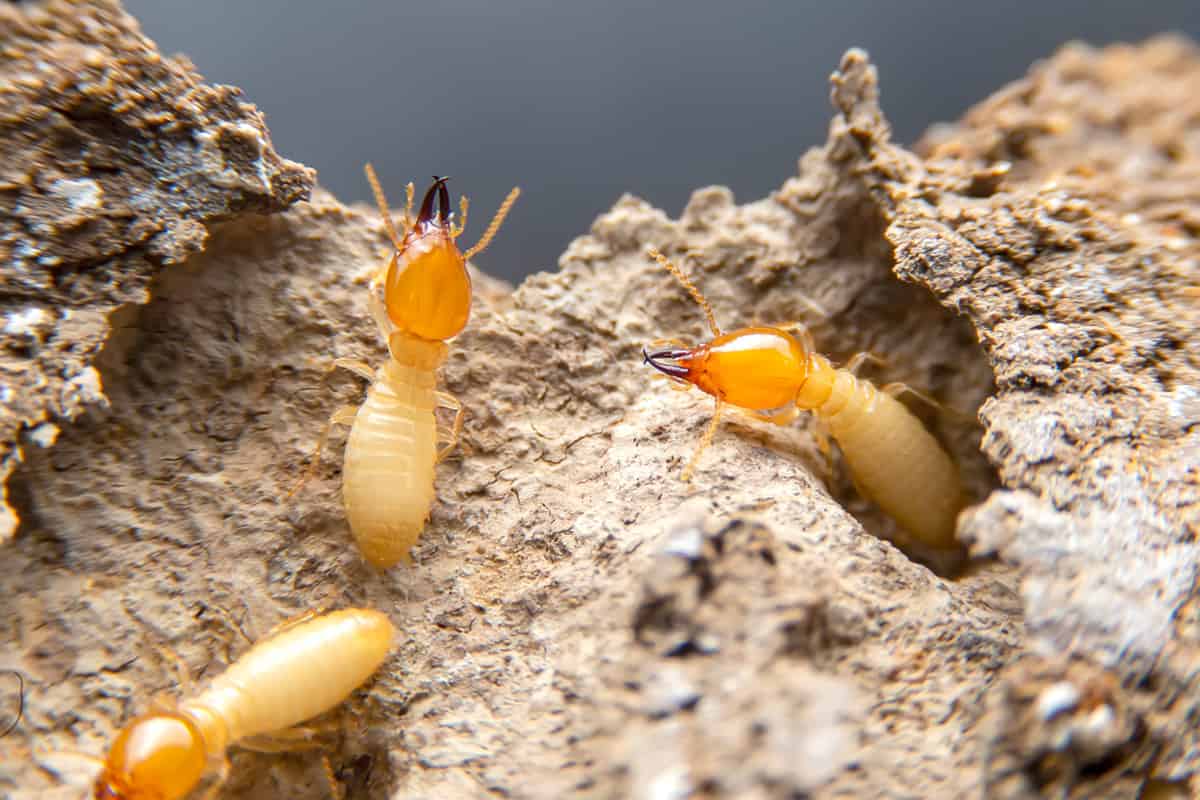
As with all pest infestation, prevention is better than cure. Here are ways to avoid a termite infestation outdoors or indoors.
Read: "6 Types Of Black Ants In The USA."
Remove Rotting Logs and Put Firewood Away
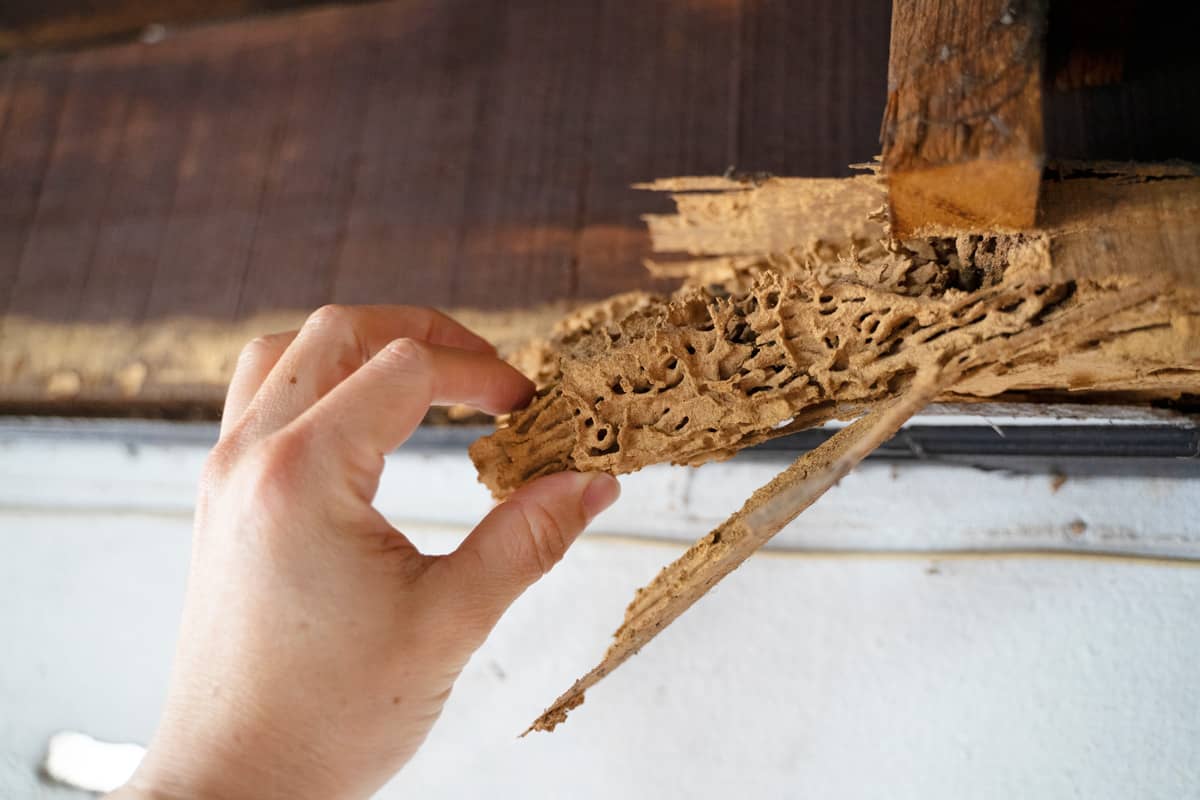
When wood is sitting idly on the ground, termites will see it as an ideal home since it provides moisture, food, and shelter.
All wood components of your home should at least be six inches or higher above the ground to discourage termites from nesting on them.
Seal Cracks and Holes
This one is self-explanatory. If you live in an area that is commonly infested by termites, its important to secure your home to prevent the smallest insects from trailing inside.
Make sure your windows are sealed and properly caulked, and that there are no cracks and holes on the walls where termites and other insects can enter through.
Reduce Indoor Humidity
Termites are naturally attracted to humid crawl spaces. Invest in a good dehumidifier, or improve your ventilation to keep the humidity levels low.
Not only will this be more comfortable, but termites will be less likely to stay in your home since it will prove to be inhospitable to them.
Avoid Having Damp Foundations
Termites will infest your home if your foundations are consistently filled with moisture. This could be a result of the poor positioning of gutters, pipes, and downspouts.
Be sure to have a proper drainage system where the gutters and downspouts are facing away from the side of your house.
Other Methods to Eliminate Termites
If termites have managed to enter your home—which is sometimes inevitable—treat them using chemical or natural pesticides before they cause more nuisance.
Here are ways to eliminate termites.
Read: "Does Epsom Salt Kill Termites?"
Use Cayenne Pepper
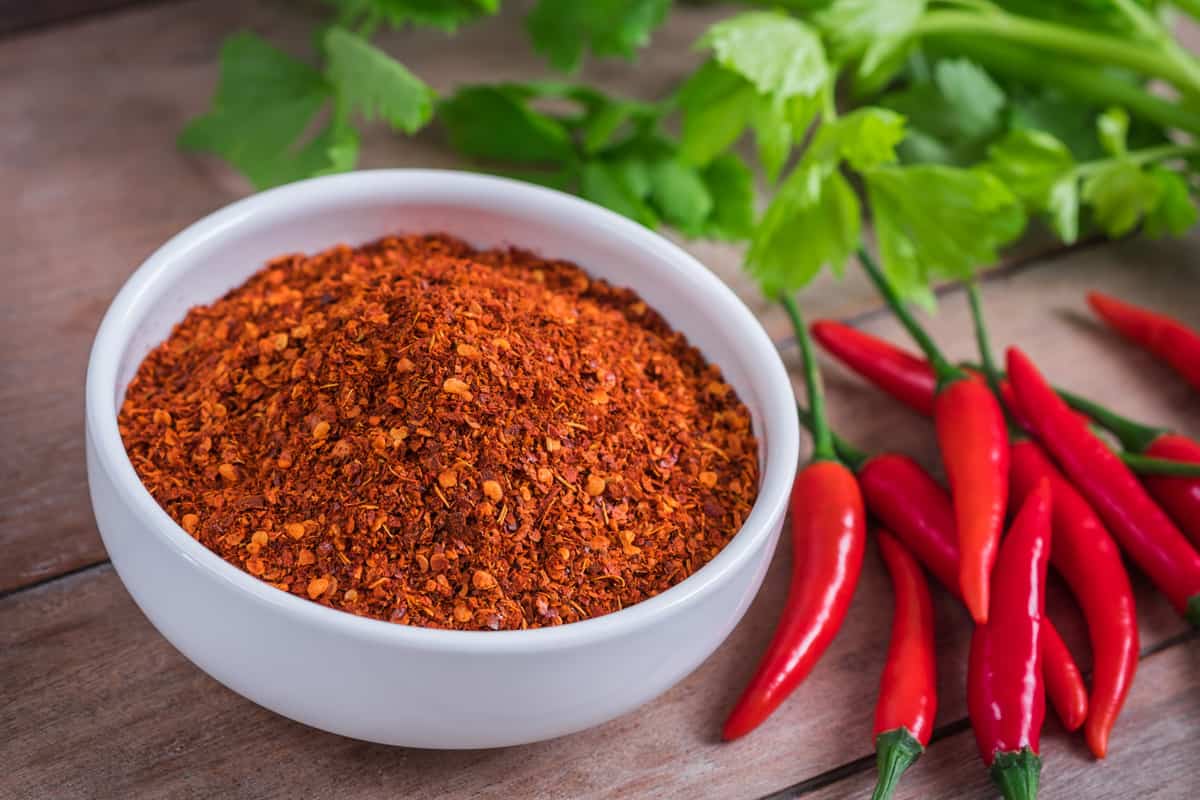
Sprinkle cayenne pepper on the trail of termites. This will poison them, and discourage other termites from entering because of the smell.
Use Boric Acid
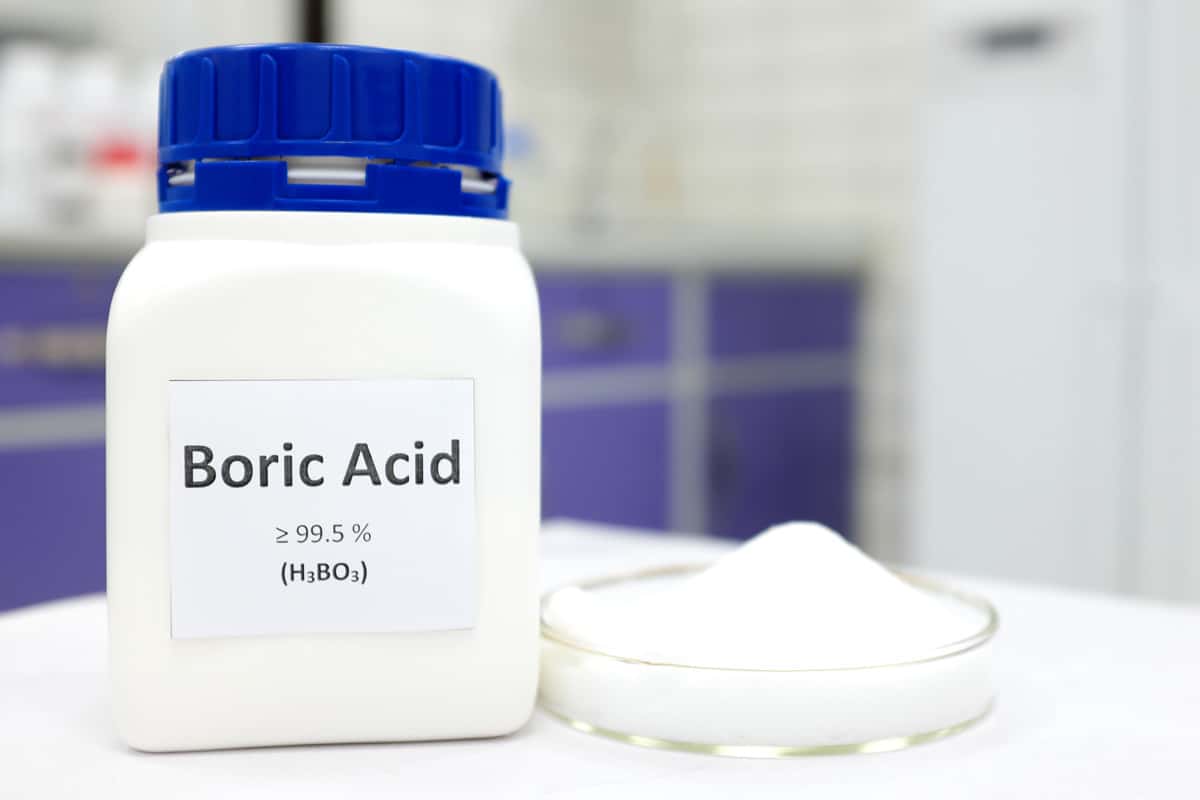
Use boric acid for outdoor infestations. Depending on the product, you can spray it or dilute it in water if it is in powdered form.
Wear gloves and a mask when applying, and avoid exposure to children.
Use Diatomaceous Earth
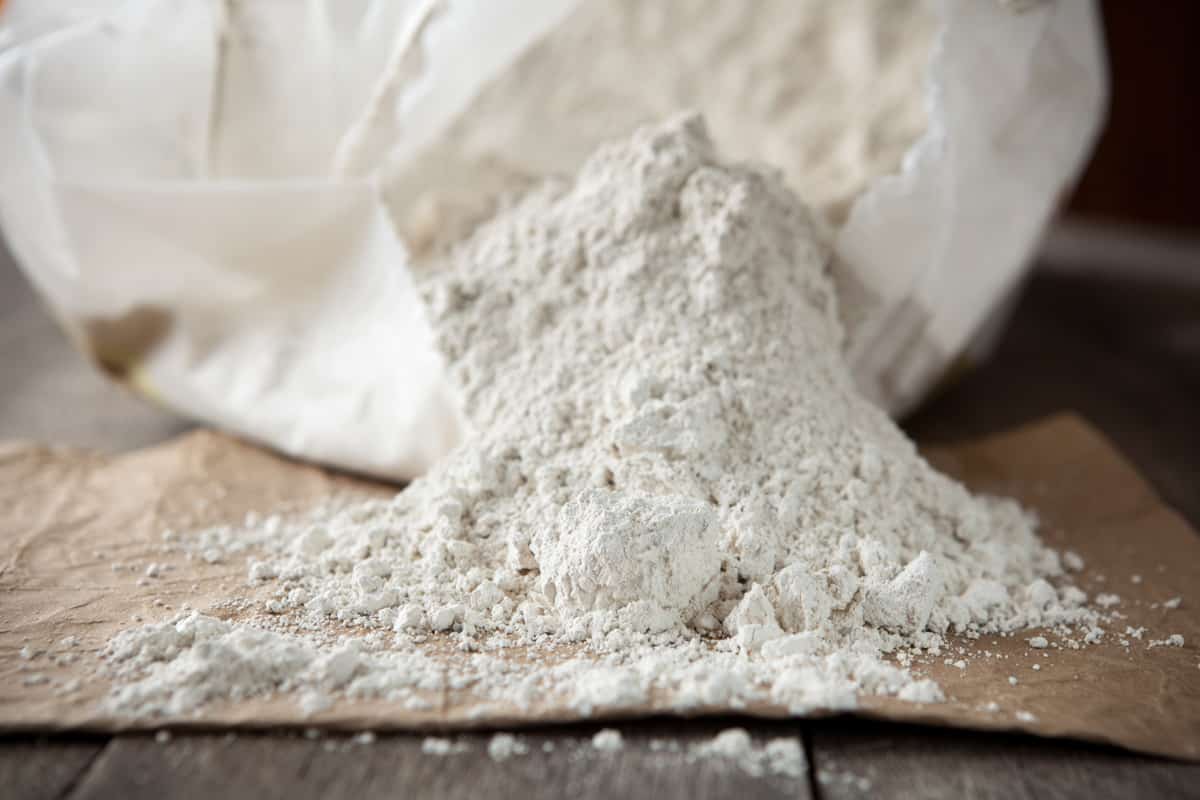
Sprinkle Diatomaceous Earth on the soil that termites frequent. This would alter the water inside their body, eventually killing them.
Food-grade diatomaceous earth would also be safer for your crops, so this is ideal to use for the garden if you are actively growing natural produce.
See this Diatomaceous Earth on Amazon
How dangerous are termites?
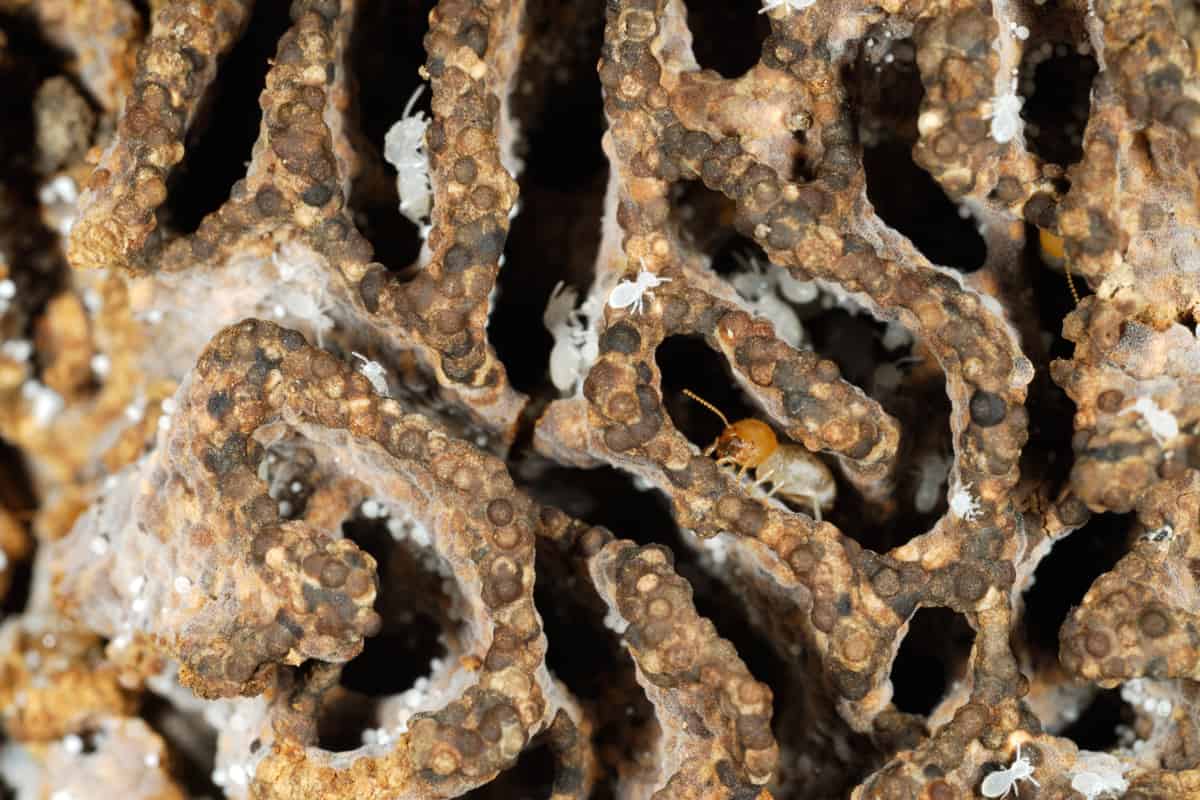
Termites are technically not dangerous to humans. They can’t directly poison you or bite you, and they don’t usually carry diseases.
However, termites are known to cause structural damage. They can promote mold growth, which will eventually cause wood to disintegrate.
Not only will this mold growth cause damage to your home, it can also trigger various health problems for everyone residing in the home. This makes them indirectly dangerous to humans.
Termites also feed on wood which an cause walls to bulge and floors to sink. This is especially possible if an entire colony of termites decides to infest in your home.
Final Thoughts
Termites can cause major damage in our lifestyle, so finding the right pesticide to get rid of them is essential especially during their peak season.
Make sure to use pesticides that are safe for everyone in the home. If you choose a pesticide that has a strong active ingredient, practice caution especially around children and pets.
As always, it is best to call pest control services if you encounter a serious infestation.




